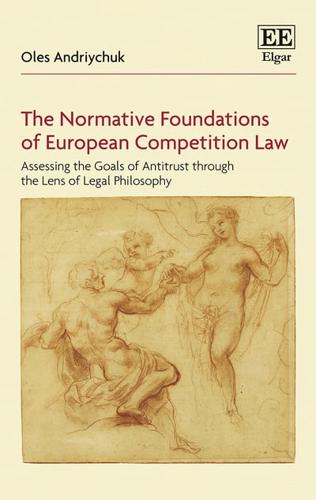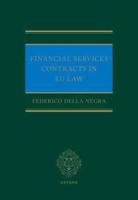Publisher's Synopsis
Does the competitive process constitute an autonomous societal value, or is it a means for achieving more reliable and measurable goals such as welfare, growth, integration, and innovation? This insightful book addresses this question from philosophical, legal and economic perspectives and demonstrates exactly why the competitive process is a value independent from other legitimate antitrust goals.
Oles Andriychuk consolidates the normative theories surrounding freedom, market and competition by assessing their effective use within the matrix of EU competition policy. He outlines the broader context of the phenomenon of competition such as its pivotal role in the electoral system and its implications for free speech, and then goes on to investigate its relationship with the proponents of various antitrust-related goals. Further to this, some relevant solutions to persistent regulatory problems of antitrust are discussed.
Timely and thought provoking, this book will be of interest to both students and scholars of European competition law, as well as those who are curious about its philosophical foundations. Offering deep insights into the nature of the competitive process, it will also appeal to judges and politicians weighing up antitrust goals.







